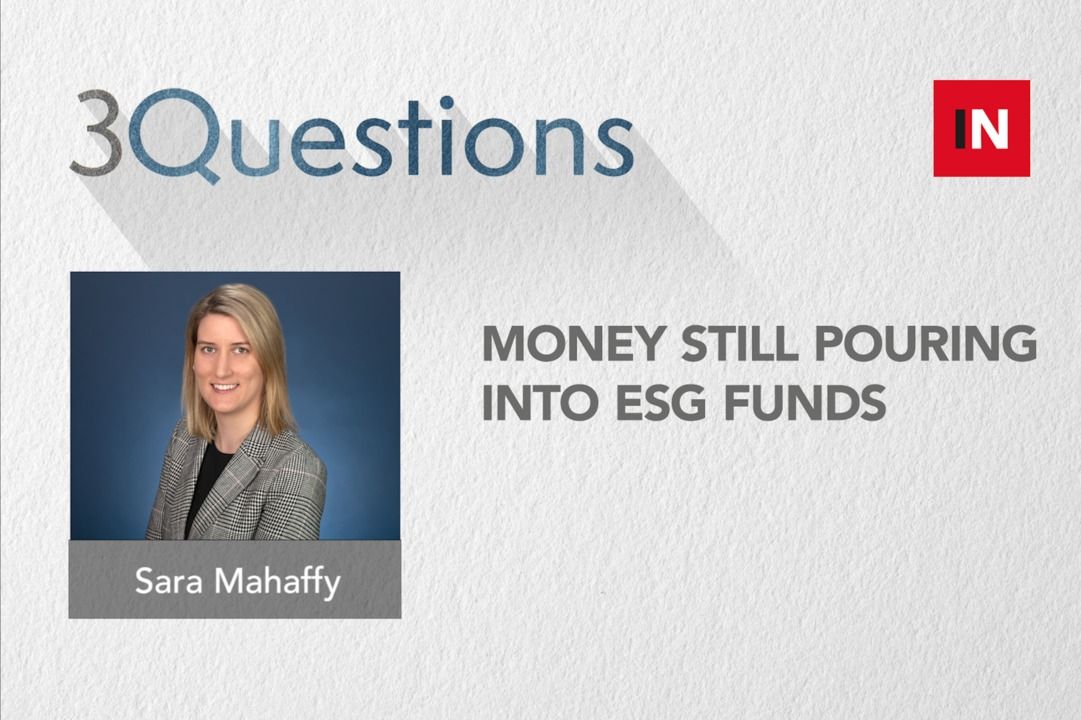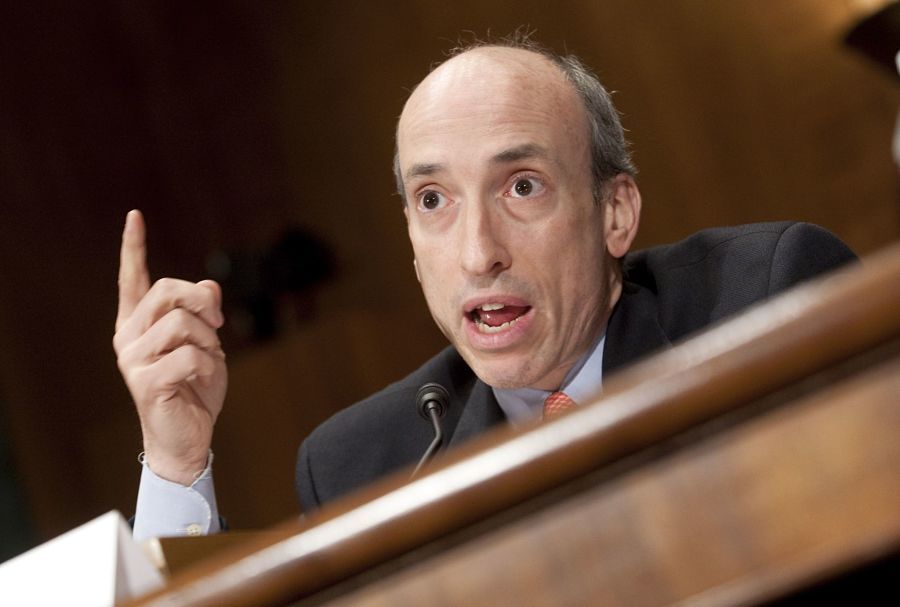Social enterprise tackles trash and reaps the rewards
SDG #12 Ensure sustainable consumption and production. Recycling is one obvious way to reconcile the waste people generate as they produce and consume goods, but the process of creating new treasures with trash is complicated. Liz and Steve ask Tom Szaky, founder and CEO of social enterprise TerraCycle, how his firm is able to work…













